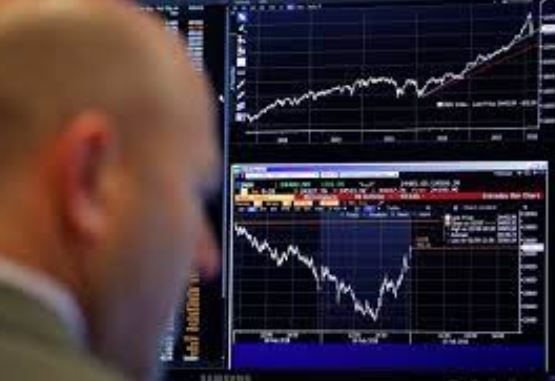Stock markets can be affected by a wide range of social and economic issues. Is that something to worry about? Here are major things to think about regarding emotional maturity and success in the real world.
A thoughtful way to invest is to stay calm and have hope
Investing decisions shouldn’t be based on how you feel. When the market goes down, investors’ excitement from when things were going well can quickly turn to worry, and some may panic and sell their investments out of fear.

Unfortunately, this means they will miss out on opportunities to improve the market. When logic is more important than feelings, time and money are spent on breaking the cycle and getting ahead financially.
In other words, a reasonable investment strategy is to stay calm and think things through. Keep your long-term goals in mind because they are your best asset.
In the past, the numbers have gone up
There is no way to know when the market downturn will end, and the upturn will start. This was true 100 years ago, 25 years ago, two months ago, and now.
Most of the time, the stock market increases sharply after a sharp drop! Even though the past can’t always tell us what the future holds, we see this happen repeatedly.
The sun always comes up after it goes down
Surprisingly, the biggest profits are sometimes made in the market right after big drops (aka market corrections).
Because of this, we suggest that long-term shareholders keep their shares. If the market changes for the better, so will their performance.
Investing on your own keeps you emotionally separate
Take a cue from the pros and set up regular, automatic transfers of the amount you’ve chosen to your investment account.
You won’t be as tempted to try to time the market by trading quickly when angry or sitting on the sidelines for too long when the market is doing well. Because of this, you should keep making your monthly contributions.
Having a portfolio makes dealing with market changes
Keep putting money into the account regularly. You will find it easier to take advantage of good market chances in the future.
Lastly, a well-balanced portfolio is less likely to have significant changes in value during times of high volatility.

You will be less affected by market changes than investors willing to take more risks.
Whether you are just starting or getting close to retirement, the following tips will help you stay stable and grow in the long run:
- Learn from the past.
- Don’t make decisions based on how you feel.
- Don’t touch your investments.
- Please set up a way for your money to save itself.
Conclusion
Based on what we’ve learned over the past 100 years, changing your course in the middle of a storm is probably not the best long-term plan for your investment. You should wait until your money is more stable if that’s what you want to do. Please do if you’re worried and want to talk to someone about it. Please speak to your advisor so we can help you through this challenging time.


